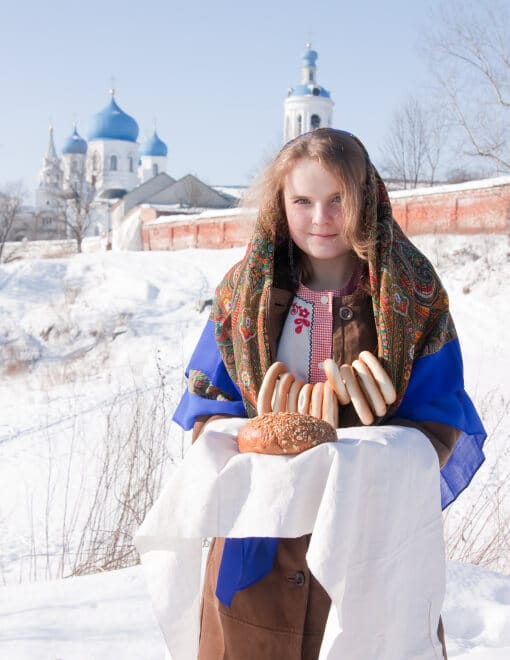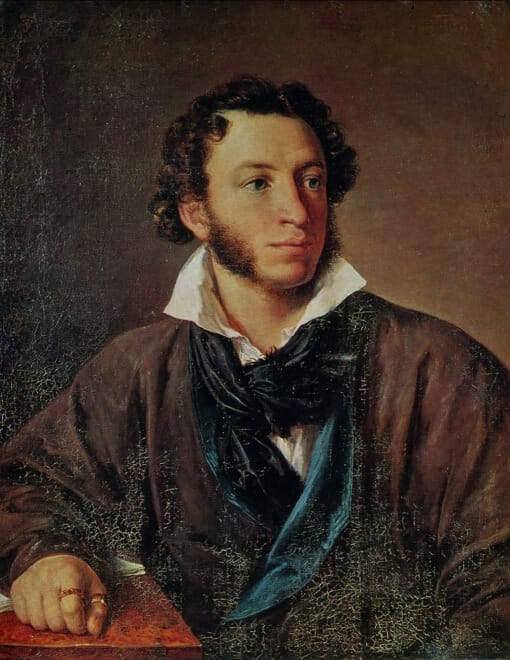
Russian language
The language of possibilities
Russian is one of the most widely spoken languages in the world. This is a language of great possibilities, and its knowledge will open up many prospects for you. You will be able to conduct scientific activities, including in the field of Russian philology, as well as build a career in leading Russian companies or open your own business.
Russian has the status of the state language in Russia and Belarus, and the official language in Kazakhstan, Kyrgyzstan and a number of other states. In addition, it is included in the six working languages of the United Nations, UNESCO, the CIS and other international organizations. It is the language of international communication, as it is spoken by a huge number of people not only in Russia, but also in many other countries, and it is actively used in international professional and scientific activities.

Native speakers
There are more than 150 million native Russian speakers in the world. In addition, Russian as a foreign language is spoken by about 110 million people worldwide, and in total it is spoken by almost 260 million people. In terms of the degree of prevalence, the Russian language ranks eighth in the world, and in terms of use on the Internet it came in second place.

Literature
Russian is the language of famous writers and poets. Our classics have fallen in love with connoisseurs of literature far beyond the borders of Russia.
Knowledge of the Russian language will give you the opportunity to read the works of great Russian writers in the original. You will rediscover the stories that came from the pen of such writers as F. M. Dostoevsky, N. V. Gogol, L. N. Tolstoy, M. A. Bulgakov, and get acquainted with the works of such poets as A. S. Pushkin, S. A. Yesenin, V. V. Mayakovsky, A. A. Akhmatova, I. A. Brodsky.
With the help of Russian literature, you will learn a lot about the culture of our country and about our history. The lyrical heroes of Russian works are notable for their complexity and versatility, and the rich language allows them to convey their experiences in a colorful, succinct and accurate way.

Russian Language Day
Russian Russian Language Day is an international holiday celebrated annually on June 6, the birthday of the great Russian poet Alexander Pushkin. Russian Russian culture and history is a great opportunity to join the study of Russian culture and history and attend various events dedicated to the support and development of the Russian language — contests, exhibitions, lectures, literary readings and many others.

Learning the Russian language
If you want to study in Russia, but do not know Russian, it does not matter, many universities offer English—language programs. There are also Russian courses at universities for students from other countries. Usually, one year is enough to master the basics of the language. Before starting to study the chosen specialty, you can study at the preparatory departments of Russian universities for foreigners for a year. As a rule, the course program includes 20-36 hours of Russian language classes per week, as well as the study of some general education subjects, depending on the further direction of study.






You might be interested

TORFL Russian Language Exam
TORFL will be useful for those who plan to study at a Russian university in Russian. The test contains vocabulary that you will need during your studies.
It is not necessary to have a certificate upon admission, each university decides independently whether to request a certificate from an applicant or not. However, in some cases, the availability of a TRKI certificate can be an additional advantage. To clarify information about the package of documents, contact the university you want to enroll in. This can be done through the applicant's Personal Account — register and write directly to the university.
TRKI is also in demand by students who will need knowledge of the Russian language to work in the future. These are not only philologists, linguists, but also cultural scientists, oilmen, economists, and political scientists. They take a test to get an official certificate confirming their level of language proficiency.
Learn more about the exam












